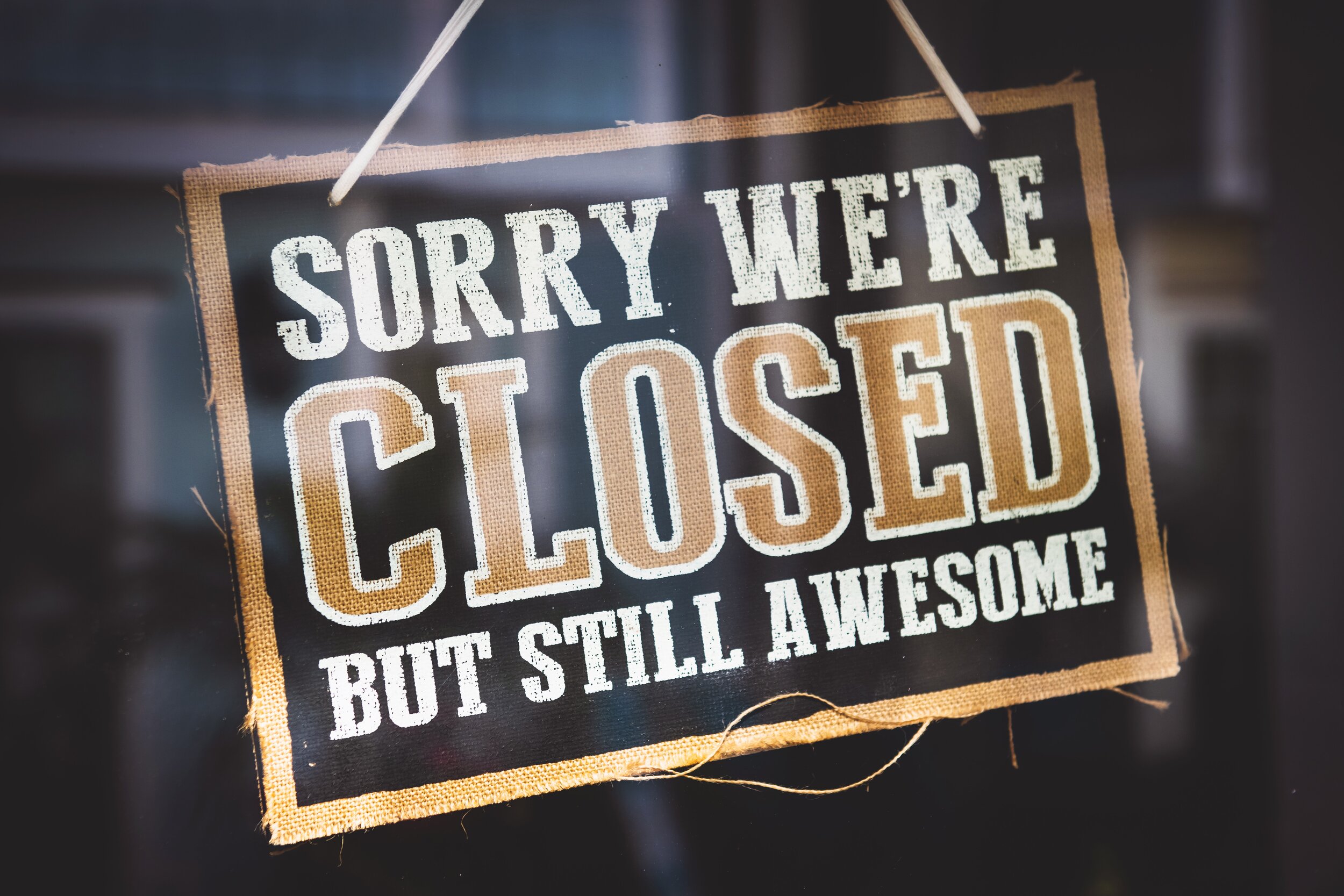Businesses should prepare for an eventual recovery while they are still reacting to the crisis.
By Nick Stewart
On 25 March 2020, New Zealand moved to COVID-19 Alert Level 4 with an unprecedented nationwide shut down for at least four weeks with the entire country ordered to stay home apart from those providing essential services.
Non-essential kiwi businesses must close all aspects of their operations for a month-long period. That’s a massive blow to many businesses as most business owners don’t have the experience of leading through a crisis of this magnitude. Due to the current economic pressure, loss of incomes and cash flow constraints, it is fair to assume that the level of stress and anxiety business owners experience goes far beyond what they are used to.
Kiwi business advisory group, Grow NZ Business, has moved swiftly to provide support and assistance to those owners navigating through COVID-19. They are providing free webinars on ‘Leading Your Business Through Economic Uncertainty’ and have established a Facebook community page where business experts and fellow business owners offer support and guidance to their peer group.
Nobody knows how long the pandemic will last or what shape the recovery will take, and there are no easy answers on how to handle these unexpected changes to business as usual. Still, the unpredictability of the COVID-19 outbreak underlines the need to be resilient and prepared when we all eventually come out the other side of this.
In disorienting times like these, we must find ways to reground ourselves and look to the future by developing bounce-back scenarios. Decisions made today will affect the eventual slope of the business recovery, and opportunities missed today may not come around again. Some notable businesses have historically used upheaval to transform their business from good to great.
Many companies in China have already moved beyond crisis response to recovery efforts. With business and factories reopening, China is gradually getting back on track after being hard hit by the COVID-19 outbreak, first discovered in late December 2019.
After months under lockdowns, communities are going back to their daily routines as restaurants and shops reopen for business. Authorities are rushing to realise their targets for economic development while investing in new infrastructure.
Of course, each country’s situation is different. Still, there are opportunities for business owners to learn from others in countries like China and South Korea that are weeks ahead in responding to the epidemic.
While it is too early to forecast the depth and duration of the economic impact in New Zealand, China’s experience points to a valuable scenario that businesses should prepare for an eventual recovery while they are still reacting to the crisis.
Boston Consulting Group has outlined steps some Chinese companies took during the outbreak to make their business models more resilient and prepared for the recovery. For example, a premium Chinese travel agency, facing a collapse in its short-term business, refocused around longer-term preparations. Instead of reducing headcount, it encouraged employees to use their time to upgrade internal systems, improve skills, and design new products and services to be better prepared for the eventual recovery.
Also, many Chinese enterprises proactively reallocated employees to new valuable activities such as planning, and in some cases loaned them to other companies, rather than layoffs.
What could change for good?
Depending on how long the outbreak lasts and how severe its impact is, several outcomes are possible. China is in a V-shaped recovery, a sharp downward plunge followed by a sharp return to something resembling a reasonable level of business. Japan, Korea, Hong Kong, and Singapore are all following the same path as China. Europe and the U.S. talk about “flattening the curve,” slowing the rate of infection instead of eliminating it.
We must watch the initial signs and the developing trends to assess how the recovery is evolving and should then synchronise our resources to the rebound. We should also consider some likely changes in consumer spending patterns and reposition our strategies.
Some of the key questions to ponder would be: will consumers return to their old behaviour patterns— retail shopping, going to events — or will they stay indoors and avoid mass gatherings for more extended periods even after the all-clear signal is given? What will be the future role of physical events and other traditional forms of marketing and promotions? Will there be new opportunities, such as a renewed commitment to health and wellness? Will personal and business travel patterns change?
Right now, it is safe to assume that some socio-economic shifts will likely persist beyond COVID-19, and many sectors will re-emerge to new market realities. None of us can say what the future holds, but by acting swiftly and asking the critical long-term questions, your business and team will be better prepared for whatever comes to post the lockdown. Therefore, take time to thoroughly review all activities, top to bottom, in order to come out the other side as a more efficient and sleeker business. But most importantly stay safe, be kind and look after one another.
Nick Stewart is an Authorised Financial Advisers and CEO at Stewart Group, A Hawke’s Bay-based CEFEX certified financial planning and advisory firm. Stewart Group provides personal fiduciary services, Wealth Management, Risk Insurance & KiwiSaver solutions.
The information provided, or any opinions expressed in this article, are general only and should not be construed or relied on as a recommendation to invest in a financial product or class of financial products. You should seek financial advice specific to your circumstances from an Authorised Financial Adviser before making any financial decisions. A disclosure statement can be obtained free of charge by calling 0800 878 961 or visit our website, www.stewartgroup.co.nz


